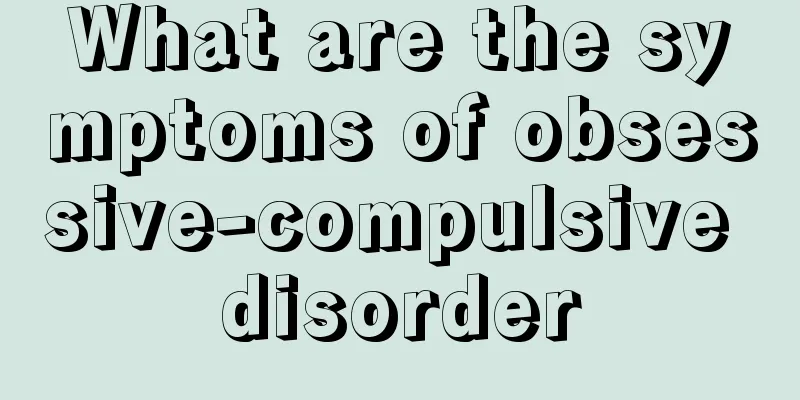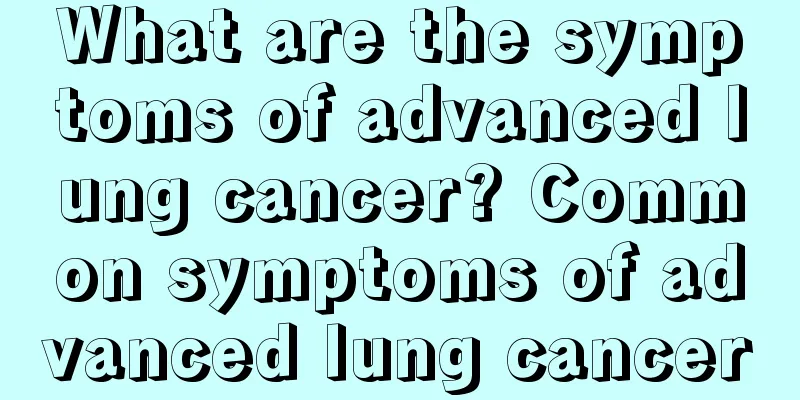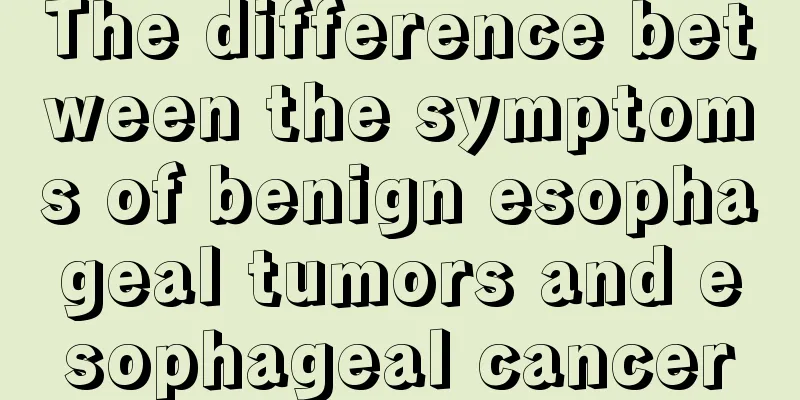What are the symptoms of obsessive-compulsive disorder

|
Many people believe that they have obsessive-compulsive disorder. Some of them have this based on medical evidence, but most of them simply make their own conscious judgments. Although obsessive-compulsive disorder is a very common mental illness in today's society, not all paranoid obsessions are obsessive-compulsive disorder. If we want to carefully distinguish the symptoms of obsessive-compulsive disorder, we need to understand some of the specific manifestations of obsessive-compulsive disorder, and then consider practically whether we have obsessive-compulsive disorder. Obsessive thoughts refer to the patient's loss of control over a certain subconscious desire, impulse, or idea that he knows should not and is unnecessary to appear. Although he tries to get rid of it, he is unable to stop and eliminate this involuntary repetitive thinking. Common obsessions include: Compulsive recollection and association: This means unconsciously repeating and remembering certain things that you have experienced or done, as well as what you or others have said. Common symptoms include a past event, a sentence or a song repeatedly appearing in the mind. Bin's symptom is compulsive recollection. Compulsive doubt: doubting what you have just done, such as right after locking the door, you doubt that it is not locked; right after throwing the letter into the mailbox, you always doubt that you did not put the stamp on it; right after finishing the homework, you always doubt that you missed it or did it wrong; right after washing your hands, you always feel that they are dirty. Obsessive-compulsive patients often show doubt and anxiety, and perform compulsive behaviors, such as repeated checking and repeated washing of hands. Compulsive opposing thoughts: Simply put, the more you want to control a thought, the more it keeps appearing. Such thoughts or ideas are often bad and violate moral concepts. They are a reflection of the patient's potential desires. Therefore, the patient feels deeply ashamed and nervous, afraid of being seen by others, and tries hard to control them. However, the more he tries to control them, the greater the temptation becomes, and the more frequently they occur, which constantly increases the patient's sense of guilt and inferiority. Compulsive rumination: This symptom is similar to obsessive thinking. Patients will dwell on some meaningless problems and become entangled in them and unable to extricate themselves. A female student said during a psychological consultation: "Because I am not good at studying, I am under a lot of pressure, so I always force myself to figure out all the knowledge points, and I will try my best to think even if I can't figure it out. But recently, I sometimes think of some strange questions, such as why 1+1=2 is not equal to 3? The more I think about it, the more confused I am, so I enter a vicious circle. I was very nervous and began to resist this idea firmly, but I got deeper and deeper into it, and I couldn't even study normally." This is a typical symptom of obsessive thinking. The patient's thinking is like being forced onto a never-ending train with no end, and eventually he is exhausted both physically and mentally. Compulsion: The patient repeatedly experiences a strong inner urge to perform an action or behavior that is against his or her will. Although the patient knows that this is an absurd idea and he would not do so, he cannot get rid of this inner impulse. For example, when standing on a bridge or riding on a train, you have the urge to jump off; or you have the urge to curse or shout reactionary slogans. Compulsive behavior refers to repetitive actions or activities performed according to certain rules or stereotyped procedures, mainly including compulsive washing, compulsive checking, compulsive routines, etc. The specific performance is as follows: Compulsive washing: The most prominent symptom is compulsive hand washing. The patient washes his hands constantly, sometimes more than 20 times a day. Especially when the patient's hands or body come into contact with strangers or things used by strangers, they will uncontrollably wash their hands and whole body over and over again. Compulsive checking: Compulsive checking is similar to compulsive washing. The patient cannot control and repeatedly check what he has just done. Some patients with OCD will repeat the check several or even hundreds of times to confirm whether the door is locked, the homework is correct, and whether the stove is turned off. Most of these compulsive actions are caused by obsessive doubt. Compulsive actions: Compulsive actions refer to the patient having to follow a fixed sequence when performing a certain behavior and repeat this series of actions. If a mistake is made or the process is interrupted, start over again until the patient is satisfied. Precautions These two forms of obsessions and compulsions often occur together, but sometimes they occur alone. These obsessive-compulsive symptoms can be alleviated when the patient is in a high mood, focusing on doing something or feeling threatened; but they are more obvious when the patient is depressed, frustrated or tired. In fact, most normal people have had compulsive thoughts, especially middle school students who are under great academic pressure, such as involuntarily thinking about a problem over and over again, reciting a sentence or two, or singing a sentence or two of a song. However, these behaviors do not affect normal psychological activities and behaviors, so they cannot be regarded as obsessive-compulsive disorder. |
<<: OCD always doubts everything
>>: The inner world of an obsessive-compulsive disorder patient
Recommend
What does psychological care for lung cancer include? What are the precautions for psychological care for lung cancer?
The treatment of lung cancer is a long process. D...
What are the external therapeutic effects of Chinese medicine foot bath
In the treatment of diseases, not only Western me...
How to prevent and treat burn sepsis, comprehensive measures are the key
Burns are very common in our daily lives. Burns m...
What causes dull pain in the right side of the chest?
There are many reasons for right-side chest pain,...
How about using Tremella fuciformis instead of bird's nest
Both bird's nest and white fungus are ingredi...
Are probiotics effective in regulating the intestines?
We all know that probiotics are bacteria that are...
Can an 80-year-old with sigmoid colon cancer be cured?
Whether an 80-year-old can recover from sigmoid c...
What are the factors for successful surgery of esophageal cancer
Esophageal cancer is a malignant tumor that occur...
Pain in the right abdomen near the waist
Pain in the right abdomen near the waist may be c...
What are the four steps of periodontal treatment?
Periodontal inflammation is a disease that affect...
What are the effects and combinations of various scented teas? The benefits of drinking various scented teas
Spring is here, the Yang energy rises, and it is ...
Causes and treatments of unbearable pain in the thigh tendons when walking
Many people have experienced this situation after...
Recurrence rate of endometrial cancer after early treatment
Endometrial cancer is a common gynecological mali...
What are the effects and functions of pomegranate peel?
Have you ever paid attention to and understood th...
What are the uses of angelica?
Many friends don’t know much about the uses of An...









